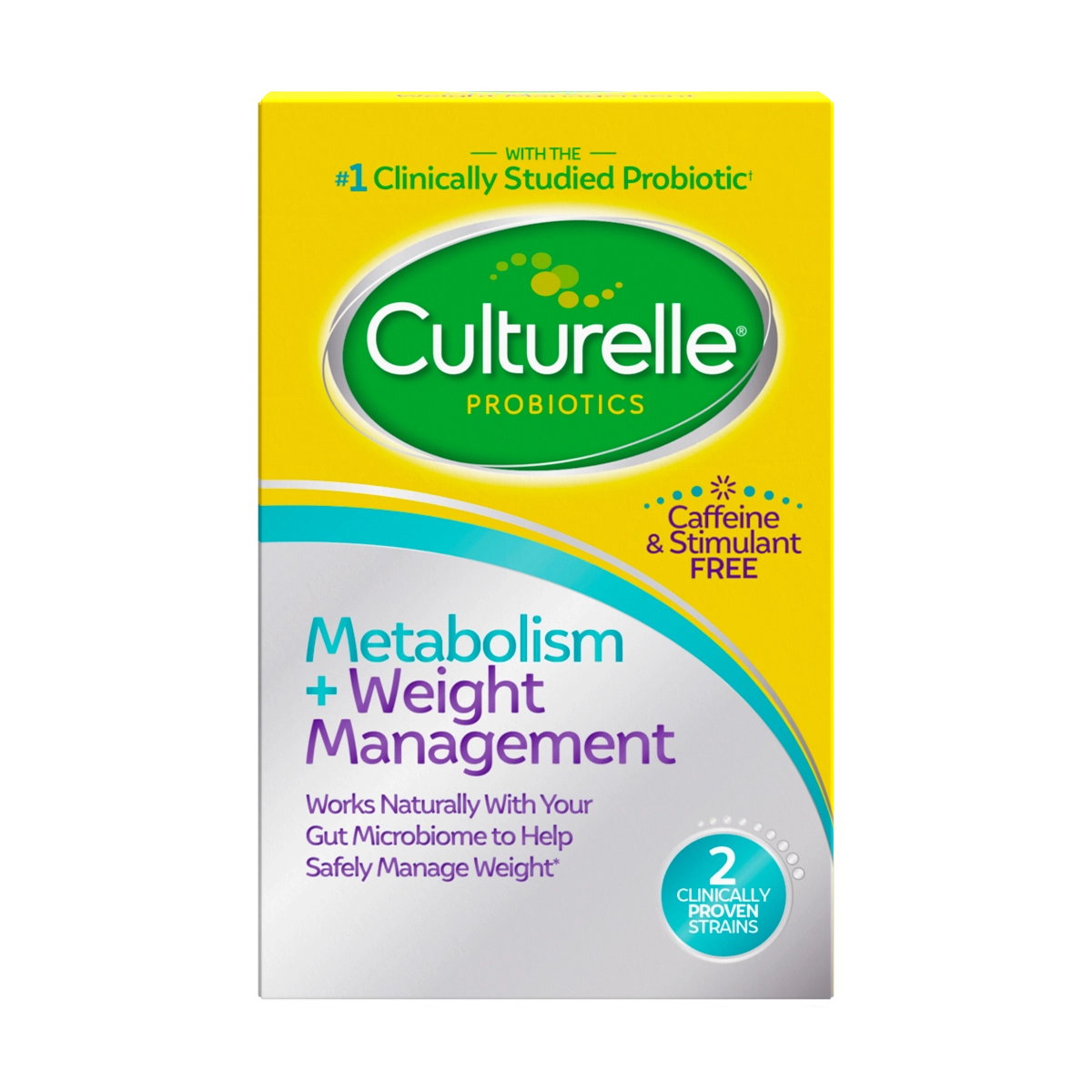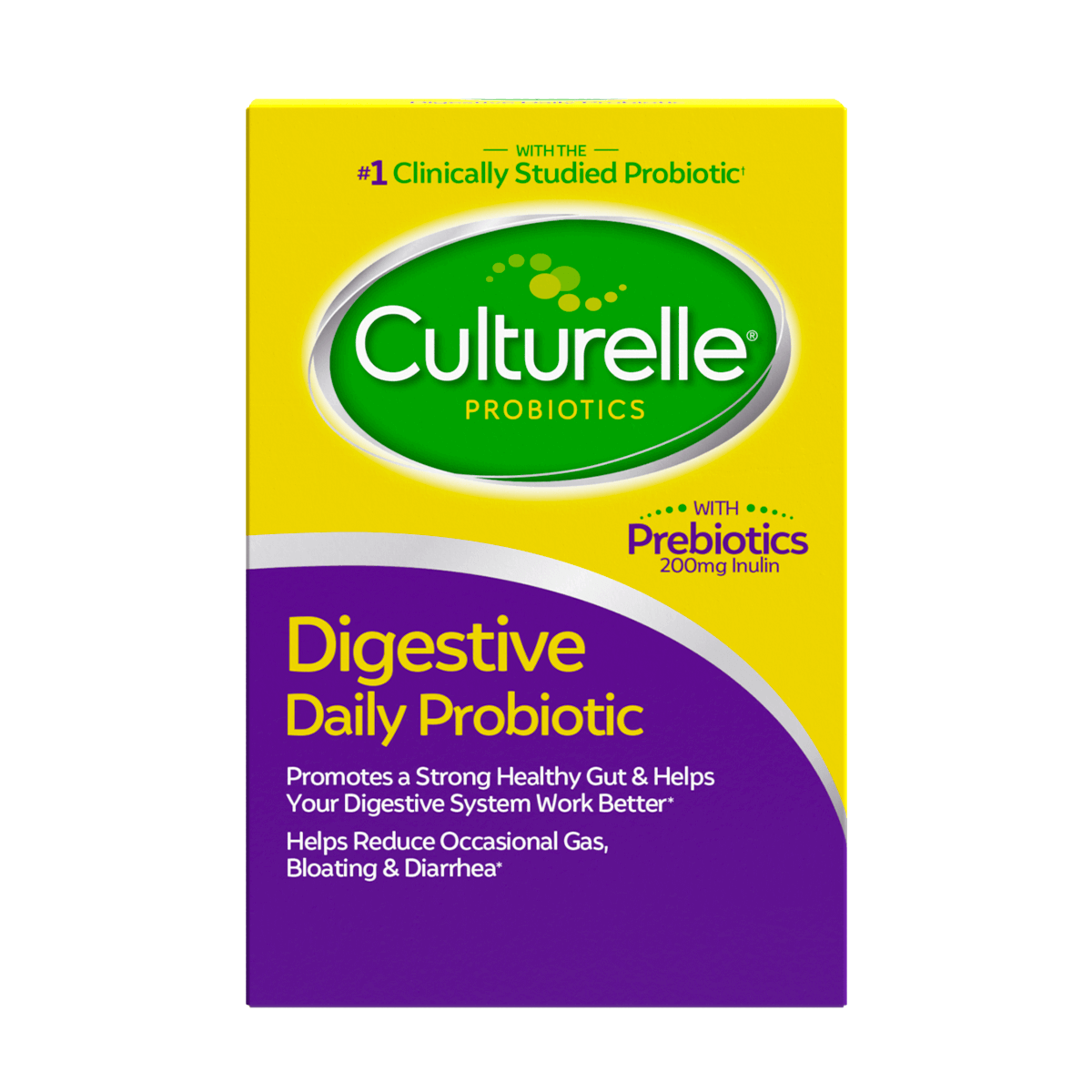The material provided below is for informational purposes only. It is not intended to replace the diagnosis or treatment by a qualified healthcare professional. You should always seek medical advice before consuming any new medicines or supplements.
Four Facts to Help You Support Your Kids’ Immune System with Probiotics
Your child’s microbiome is made up of all the microorganisms that live in and on her body. The highest concentration of these bugs live in her intestines and play a major role in nearly every aspect of keeping her happy and healthy. Microbiome science is only in its infancy, so your family, friends, and favorite mommy bloggers may not be up to date on how you can help keep your kids healthy by supporting their microbiome and immune system for lifelong health. Here are four facts you’ll be glad to know, to help keep you informed and your child healthy.
Fact #1: Your child’s immune responses are heavily influenced by their gut microbiome.
The microbiome helps to balance our bodies’ immune responses. Approximately 80% of the cells that produce antibodies live in the gut, among the trillions of microbes that influence your child’s immune responses. If the majority of your child’s immune system comes from their gut then the health of their gut microbiome is key to preventing foreign microbes from becoming problems in their bodies. One way to influence the health of your child’s microbiome, and ultimately their overall health, is with a quality probiotic.
Fact #2: Not all probiotics have been scientifically shown to benefit kids’ health, so choose wisely.
Probiotic products contain different probiotic strains or sometimes blends of strains. There are MANY probiotics to choose from and, unfortunately, NOT many ways to know if you’re buying a quality product or not. So, how do you choose a quality probiotic for your child? Flip the box over and check out the supplement facts. You should see a very unmemorable Latin name, but look closer. How many parts make up that name? Hopefully three. Remember, probiotic benefits are strain-specific, so it’s important that the strain designation, that third part of the name, is present on the supplement facts. For example, Lactobacillus rhamnosus GG is the most scientifically studied probiotic out thereƗ and that third name, “GG,” tells you that. If the supplement facts only list Lactobacillus rhamnosus, enough information hasn’t been provided to know if the product contains a quality probiotic strain, as not all Lactobacillus rhamnosus have been shown to support human health to the same extent. Here’s another tip- Pay closer attention and you’ll notice some brands are SUPER proud of their strain. Companies with quality strains go out of their way to tell you so on their packaging and in their advertising.
The scientific community determines the quality of a probiotic strain (or blend) by analyzing the results of human clinical trials and the rigor of scientific support for each strain varies. A few probiotic strains have been studied in hundreds of clinical trials, even some with more than 100 clinical trials in kids, consistently demonstrating benefits in many areas of human health, and receive unofficial stamps of approval and recommendations for specific health issues. On the other hand, many probiotics aren’t supported by a single clinical trial, for any age. It’s confusing, which is why there is so much contradictory advice going around about probiotics.
Fact #3: The amount of probiotic matters, but more isn’t necessarily better.
When a probiotic supplement does not include a quality probiotic strain, you will often see high CFU counts in each serving. It’s an attempt to get the uneducated shopper’s attention. Check out the probiotic section of any drugstore and you may notice the products that don’t provide the probiotic strain name (that third name) instead call attention to their high CFU counts to convince you that more is better. The truth is that each probiotic strain is unique and is effective for different benefits in different amounts, based on clinical trials. The amount in each serving should be formulated based on that clinical data and the amount should be guaranteed at the time of expiration. Quality probiotic supplements do this and will go out of their way to tell you so on the packaging. Have a look!
Fact #4: Probiotics should be taken every. single. day.
I know, I know, but hear me out!
Nearly every probiotic clinical trial, regardless of age, instructs participants to take the probiotic every single day. The benefits are based on consistent, daily supplementation. That’s really the only “catch” about probiotics, you have to take them every day.[1] If you accidentally miss a day here and there, no worries, but the on again, off again, we remember for a week, forget for three weeks approach isn’t helping your kiddo.
Lifelong health and wellness is a marathon, not a sprint. Consistency is key, so be intentional, choose a probiotic you trust, and stick with it every day! Your child’s health is worth it!
Ɨ Based on the number of Lactobacillus rhamnosus GG clinical studies, as of January 2020.
1. Saxelin, M., et al., Persistence of probiotic strains in the gastrointestinal tract when administered as capsules, yoghurt, or cheese. International journal of food microbiology, 2010. 144(2): p. 293-300.







